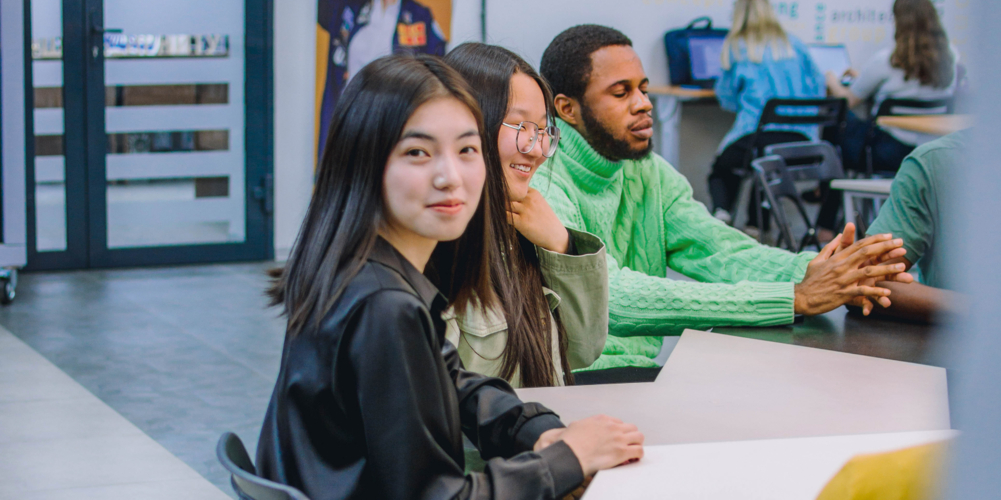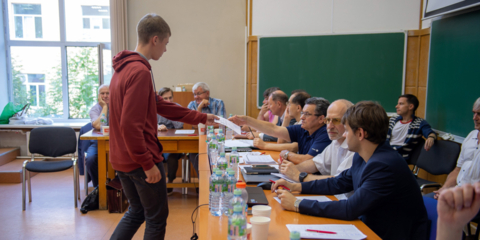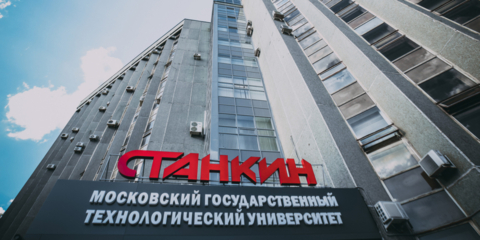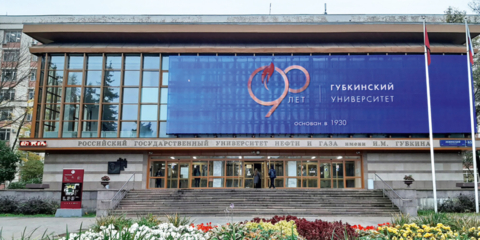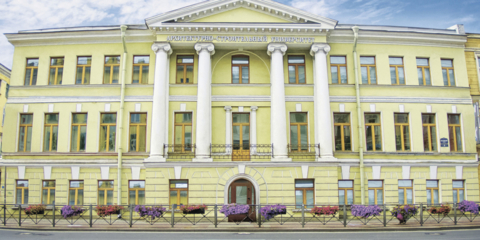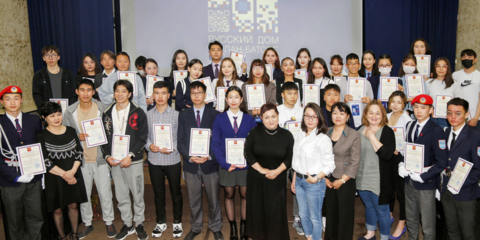In 2022, we celebrate the 100th anniversary of the day when the first Mongolian students were admitted to Soviet and Russian universities and more than 100 years of diplomatic relations between our friendly countries. For Mongolian students, studying in Russia is an opportunity not only to get a decent education but also to live in a beautiful country with rich culture and outstanding art. Former school students can apply to Russian universities for educational programs of higher, secondary, and continuing professional education.
To familiarize Mongolian young people with higher education in Russia, we have collected the key aspects of admission to Russian universities.
Why do Mongolian citizens choose Russian education?*
- An opportunity to build business contacts in the professional sphere
- The strong similarity between Russian and Mongolian cultures and mentalities
- Prestige of Russian education
- Comfortable living conditions, from a similar climate and homelike landscape to similar cultural and language practices
